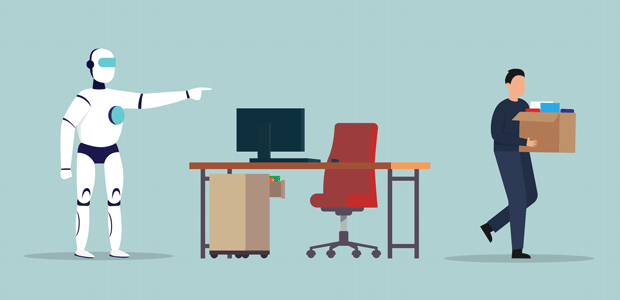
Chat GPT: what does this mean?
Long gone are the days of trying to squeeze conversation out of AOL’s Instant Messenger robot, SmarterChild.
As I write this, I’m transported back to sitting in front of my parents’ chunky Dell computer surrounded by a swarm of my equally intrigued 12-year-old friends, spamming this poor robot with questions, only to receive the same generated response over and over. What did we ask it? Well, being a bunch of 12-year-olds handling the internet without parental supervision, you can probably take a wild guess as to the maturity level of these questions. Unfortunately for us, and our high expectations after having watched The Matrix, our excitement was quickly stifled as a result of these boring, robotic answers.
Fast forward nearly two decades and launched less than two months ago by San Francisco based startup, Open AI, comes ChatGPT, a wildly impressive, albeit worrying, software that can communicate, generate readable text within seconds, and even produce original ideas, images and videos based on what they’re able to gather from what is available on the internet, all within a matter of seconds.
James Cameron, if you were wondering when you should cue the Terminator 2 theme music, now would be a good time.
The craziest part about it? It’s available for free on the internet. But, if there’s one thing I’ve learned: nothing is ever free.
Although the developers have been quick to point out that the system is far from perfect and have tried to lower audience expectations, the group seemingly most intrigued, if not relieved, by this tool are students. When speaking about the machine, psychologist and professor Jordan Peterson said he had asked the software to write a 13th chapter of his 12-chapter book in the same literary style as his own. The result? “After reading it, it wasn’t obvious to me that I hadn’t written it myself,” he said, his tone soaked in awe and alarm.
Gnarly.
So, what does this mean for schools? New York City school officials have started blocking the writing tool just this week, and many other states are slated to quickly follow. Teacher’s associations across America condemn the tool, saying that although it may produce an instant result, it is not conducive to long term problem solving and critical thinking.
*shake my head* You really think a teenager desperate to pass biology is concerned about long term critical thinking?
Despite schools doing their best to block this controversial tool on campus computers, students could just as easily access this program back at home. And, as the software’s sophistication continues to excel, each generated essay will be different from the last, according to its developers, adding that with each use of ChatGPT, the machine continues to learn and evolve.
So much for my parents mocking my complaints about essays when I had the internet at my disposal, whereas they were forced to flip through tomes at the local library.
What does this mean for the future?
For my money, the most worrying aspect of ChatGPT is the impressive result when generating creative content. Users have already been using it to create poems, and funny rhymes, but, going further, also creating things such as screenplays for the upcoming Marvel movies, stand-up comedy routines (which are apparently actually quite funny, although I can’t voucher for that myself), novels, and song lyrics.
If you have any social media, you’ve probably seen the recent onslaught of everyone you know posting their AI generated selfies. Again, these were all generated from robots, and are arguably better than most real life art work found on the internet, and as the metaverse expands, so will the quality of computer generated artwork.
So what does this mean for the future of creative work?
Despite being able to funnel the entirety of the internet into an essay, novel, or screenplay within seconds, this machine does lack one major key element: a soul.
A soul is the one thing the machines can’t learn, and is the same reason why we return, year after year, century after century, to the art that moves us, and as Charlie Chaplin's character says in the film, The Great Dictator, "more than machinery, we need humanity." A robot may one day be able to cook you the best dinner you’ve ever had, but it won’t have been made with your mom’s love, and until that day comes, I will remain optimistic.
Still, I can’t imagine how my parents feel when they look back on the days when Pong was considered revolutionary.
Trippy.

